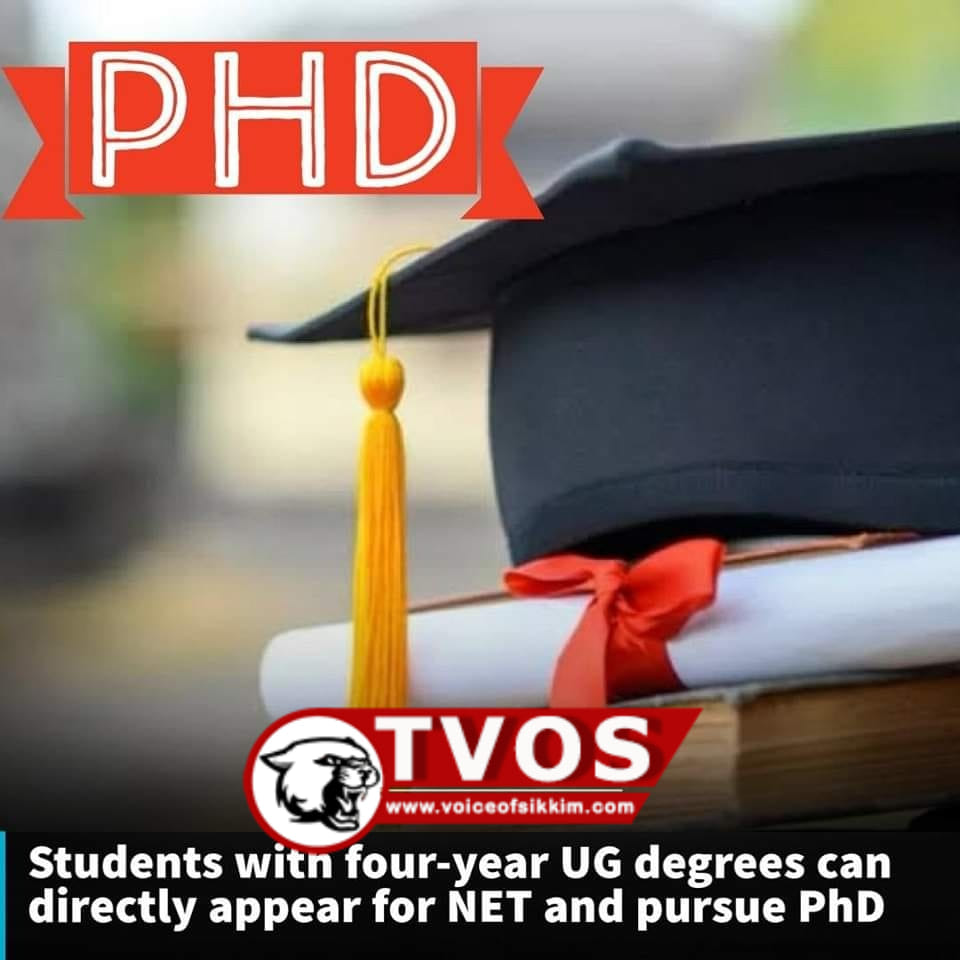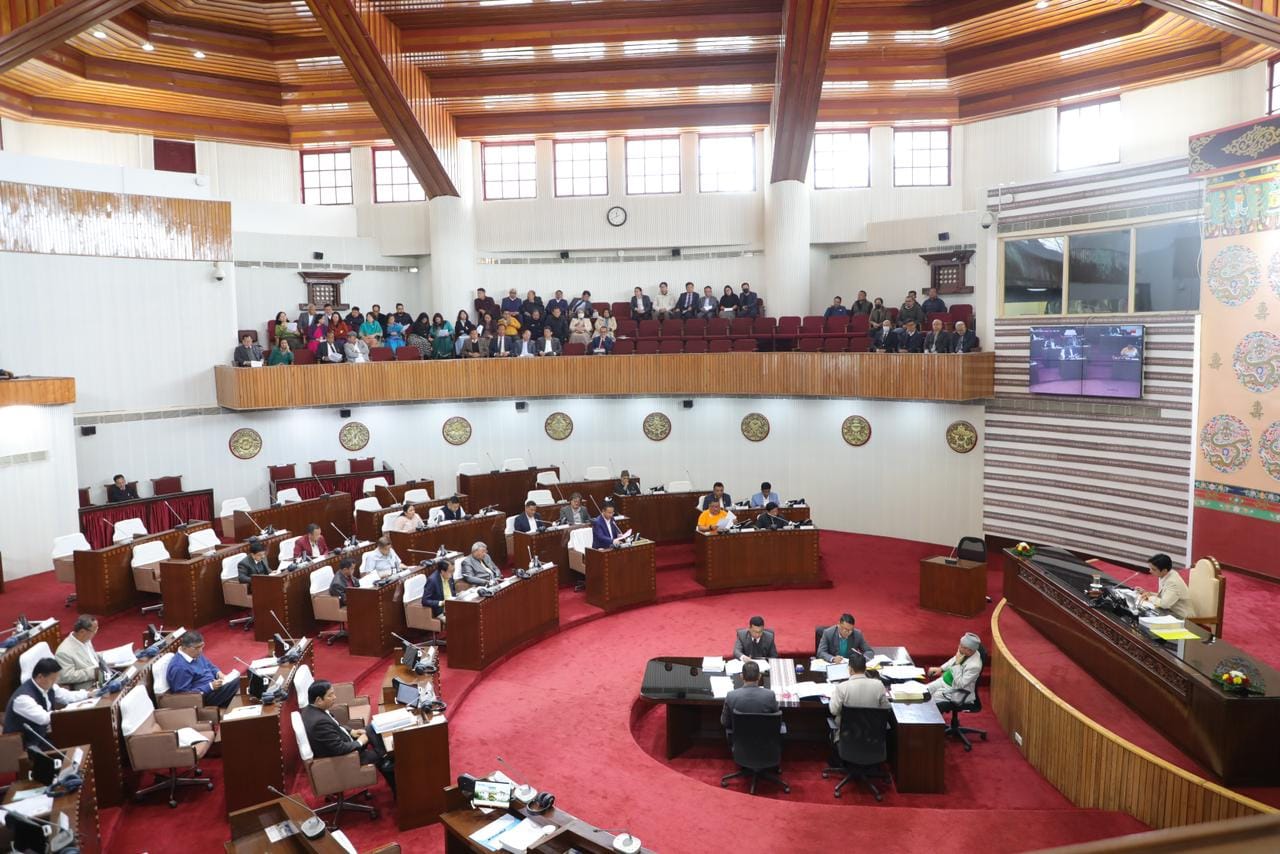
New Delhi, 25 April : Students holding four-year undergraduate degrees are now eligible to directly pursue a PhD and appear for the National Eligibility Test (NET), as per information shared by UGC Chairman Jagadesh Kumar.
Kumar highlighted that candidates aiming for a PhD, with or without a Junior Research Fellowship (JRF), must have secured a minimum of 75 percent marks or equivalent grades in their four-year undergraduate program.
Previously, NET candidates were required to hold a master’s degree with a minimum of 55 percent marks.
Speaking to PTI, Kumar explained, “Candidates with four-year undergraduate degrees can now pursue a PhD and sit for NET. They are permitted to choose the subject for their PhD, regardless of the discipline of their undergraduate degree.”
He further clarified, “Candidates who have completed a four-year or eight-semester bachelor’s degree program must have scored at least 75 percent marks in aggregate or its equivalent grade on a point scale, if applicable.”
Additionally, Kumar noted that a relaxation of five percent marks or its equivalent grade may be considered for candidates from SC, ST, OBC (non-creamy layer), differently-abled, economically weaker sections, and other specified categories, as per UGC decisions.
Great News awaits students holding four-year undergraduate degrees who aspire to pursue a Ph.D.! The University Grants Commission (UGC) Chairman, Jagadesh Kumar, has unveiled a notable change in eligibility criteria, allowing candidates with a 4-year bachelor’s degree to directly sit for the National Eligibility Test (NET) and pursue a Ph.D.
Traditionally, Ph.D. aspirants were required to hold a master’s degree with at least 55% marks. However, this recent update offers a direct pathway to academia for those with a four-year undergraduate degree. This shift liberates undergraduate degree holders, enabling them to venture into research and advanced studies without the prerequisite of a master’s degree.
As per Mr. Kumar, candidates aiming for a Ph.D., with or without a Junior Research Fellowship (JRF), must attain a minimum of 75% marks or equivalent grades in their four-year undergraduate course. This alteration heralds a more accessible and streamlined process for individuals eager to embark on a research expedition.
In a bid to foster inclusivity, the UGC extends a 5% relaxation in marks for candidates from diverse backgrounds, including SC, ST, OBC (non-creamy layer), differently-abled individuals, and economically weaker sections. This endeavor ensures that higher education opportunities are accessible to a wide array of candidates.
Candidates completing a four-year or eight-semester bachelor’s degree program must secure a minimum of 75% marks in aggregate or its equivalent grade as per their institution’s grading system. This criterion underscores the importance of academic excellence and establishes a benchmark for aspiring researchers.
The revised criteria not only streamline the Ph.D. pursuit but also offer candidates greater flexibility. They can now select their research domain based on their passion and interests, rather than being confined by the discipline of their undergraduate degree. This empowerment enables students to align their academic journey with their aspirations.
By providing concessions for candidates from marginalized communities, the UGC promotes diversity and inclusivity in academia. It recognizes the diverse challenges and backgrounds of aspiring researchers, striving to create an equitable platform for all individuals seeking to enrich the academic landscape.
The recent UGC announcement regarding direct Ph.D. opportunities for bachelor’s degree holders represents a significant stride towards democratizing access to higher education and research. The updated criteria not only simplify the process but also champion inclusivity and diversity in academia. Aspiring researchers now have a clearer roadmap to pursue their Ph.D. aspirations, irrespective of their educational background. This reform underscores the UGC’s dedication to nurturing talent and fostering a vibrant research ecosystem in India.





